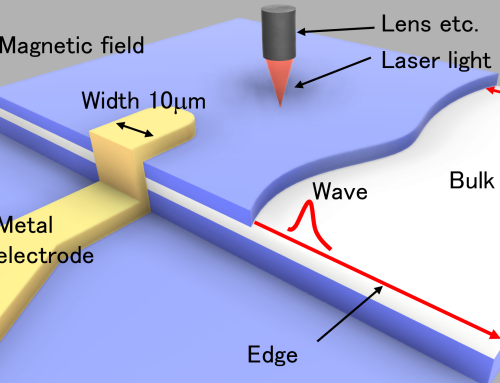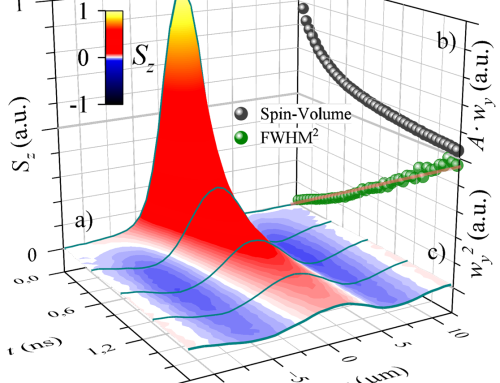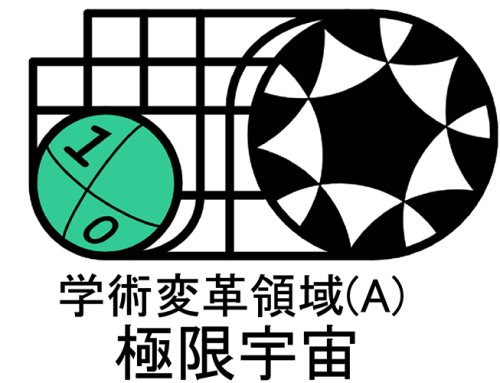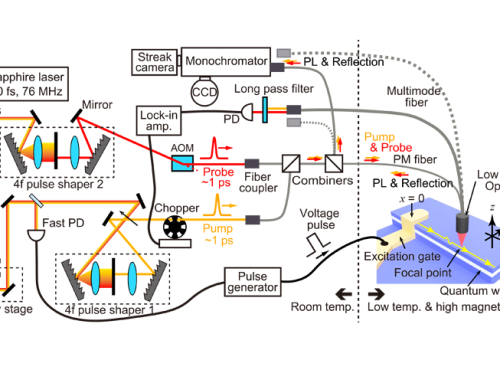Expanding edges of quantum Hall systems in a cosmology language: Hawking radiation from de Sitter horizon in edge modes
Expanding edge experiments are promising to open new physics windows of quantum Hall systems. In a static edge, the edge excitation, which is described by free fields decoupled with the bulk dynamics, is gapless, and the dynamics preserve conformal symmetry. When the edge expands, such properties need not be preserved. We formulate a quantum field theory in
1+1-dimensional curved spacetimes to analyze the edge dynamics. We propose methods to address the following questions using edge waveforms from the expanding region: Does the conformal symmetry survive? Is the nonlinear interaction of the edge excitations induced by edge expansion? Do the edge excitations interact with the bulk excitations? We additionally show that the expanding edges can be regarded as expanding universe simulators of two-dimensional dilaton-gravity models, including the Jackiw-Teitelboim gravity model. As an application, we point out that our theoretical setup might simulate emission of analog Hawking radiation with the Gibbons-Hawking temperature from the future de Sitter horizon formed in the expanding-edge region.
Masahiro Hotta, Yasusada Nambu, Yuuki Sugiyama, Kazuhiro Yamamoto, and Go Yusa
Phys. Rev. D 105, 105009 (2022).



